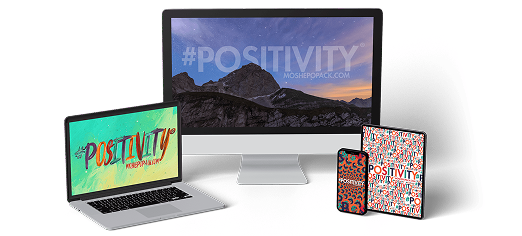Dr. Mona Amin is a board-certified pediatrician and the host of “PedsDocTalk”, one of the top parenting podcasts in the country. Here, she shares the five biggest mistakes parents make, discusses the merits of “No Blame, No Shame” parenting, and so much more.
Deciding on – and setting – important boundaries:
“Let’s take the example of a kid needing to wash his hands. To me, as a pediatrician, handwashing is extremely important. It’s the way we reduce germs. And, yeah, I have a four-and-a-half-year-old and sometimes he does not want to wash his hands. But does that mean that I say, ‘Okay, sweetie, you don’t have to wash your hands,’? No, it’s an important boundary for me and my husband. So, if he doesn’t want to, we give him an option and say, ‘Hey, sweetie. … You can either walk to the sink yourself, or I can help you there. You decide which one.’ So, I’m giving him a choice on how he wants to get there, but the boundary is still mine.”
Don’t cave in when they’re crying:
“Let’s use screen time as an example, and your child is crying for an ipad. And you give them the ipad when they’re crying. You have now done two things: you have now reinforced that crying will get me what I want, which is not how we communicate. … And it also teaches them a lack of emotional regulation. ‘I’m just going to cry and then my parents are going to stick something in front of me to regulate.’”
Trust your parental intuition:
“I think that what happens so much, especially in this modern era of so much information, we forget that it’s actually too much information. You go online, you listen to podcasts, you do all of these things and you think that ‘This is how it’s supposed to be.’ And when you don’t do it that way you start to feel like a failure. But more importantly, you start to lose what your value set is.”
Teaching your kids how to learn from failure:
“I want to instill that work ethic in my children. I want them to be passionate about things. But I also want them to know that sometimes they are going to fail, even if they work hard. But what are going to do? We’re going to have a growth mindset. We’re going to figure out what we can do differently for next time.”
The unconditional love bond between parent and child:
“It’s an unconditional love and I hope parents understand that. You’re not a parent to be conditional with your love. It’s unconditional and they may make mistakes, but so do you. And I would want the same from my son, that if I would yell or make a mistake, he would say, ‘Mommy, I love you.’ And he does that randomly. He will just say, ‘I love you so much.’”
What Dr. Mona is most grateful for:
“To be able to impart knowledge and help others is probably one of the biggest things that I’m grateful for in this world. Because I know it’s going to leave a legacy after I’m gone. I know that my children are going to be here to carry on this love that I have for the world.”

